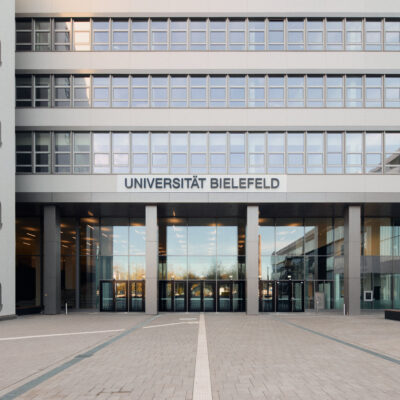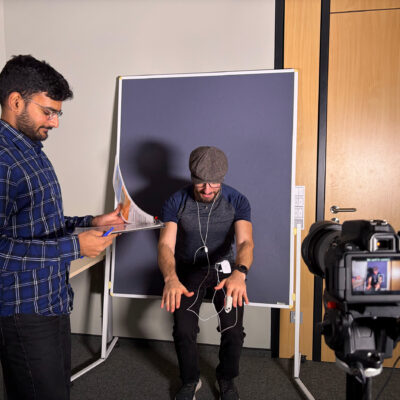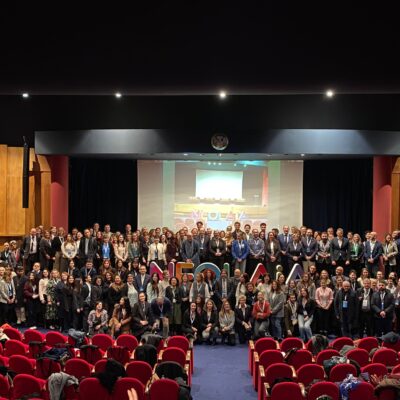The German Research Foundation (DFG) is funding Bielefeld University’s Collaborative Research Centre ‘Practices of comparing: ordering and changing the world’ (SFB 1288) for another four years as of January 2021. On Friday, 27 November, the DFG announced that it will be extending the interdisciplinary research network for an additional period. 11.9 million euros have been approved for the second funding period. This is a great success which acknowledges the work of the SFB members over the past four years,’ says Professor Dr.-Ing. Gerhard Sagerer, Rector of Bielefeld University.
The SFB, which was set up in January 2017, is studying the historically variable practices of comparing. ‘The importance of the Collaborative Research Centre’s work has become very clear in recent months,’ says Sagerer. ‘After all, anyone who has been following the discussions about the Covid 19 pandemic and the US elections knows how ubiquitous comparisons are in the public arena.’
Making comparisons is an everyday practice and likewise a scientific method in almost all disciplines. Comparing is by no means an innocent or even neutral activity. ‘When comparing, we bring to light what often remains hidden, but this is what makes comparing a highly exciting, effective, and sometimes dangerous activity,’ says SFB spokesperson Professor Dr Angelika Epple. ‘We analyse what actors do when they make objects comparable and place them in a comparative, often evaluative relationship. Our spectrum ranges from the study of racist comparative practices to comparative practices at the Nobel Prize award ceremony by the Swedish Academy, from antiquity to the present.’
The SFB 1288 is an interdisciplinary research network of about 50 researchers from the fields of history, German studies, art history, Romance studies, philosophy, law, political science and inter-American studies. The long-term research goal is to make the practices of comparison precisely describable, as well as the ordering and changing power of comparison, but also the various obstacles that make comparisons difficult.
With the approval of the DFG, research can now be conducted at Bielefeld University for a further four years on the topic of ‘Practices of comparing’. ‘In the new funding phase, we would also like to initiate a new way of thinking about history, societies, and historical change with our research and thus continue what we have been doing since 2017,’ says Epple. ‘Our aim is to create awareness for the fact that the practice of comparing is only supposedly objective or innocent. After all, on what basis do we make our comparative value judgements? How neutral can comparison really be?’
Four Collaborative Research Centres at Bielefeld University
The extension of the SFB ‘Practices of comparing: ordering and changing the world’ means that there are now still four Collaborative Research Centres at Bielefeld University. SFB 1283 is examining chance from a mathematical perspective. The physicists in the Transregional Collaborative Research Centre (SFB-TRR) 211 are studying the interactions of matter under extreme conditions (collaboration with the Goethe University Frankfurt and the Technical University of Darmstadt). The SFB/TRR 212 is examining why animals each choose their own distinctive niche in the ecosystem.
Collaborative Research Centres (SFBs) are long-term research facilities at universities in which academics work together as part of an interdisciplinary research programme. They are financed by the DFG and enable challenging, complex, and long-term research projects to be carried out. Ideally, funding will run for twelve years, with a funding period lasting four years.
Further information:
- DFG press release on the extension of the Collaborative Research Centre
- Website of the SFB 1288
- Podcast (in German) “Praktisch Theoretisch” [Practically theoretical] on the work of the SFB





